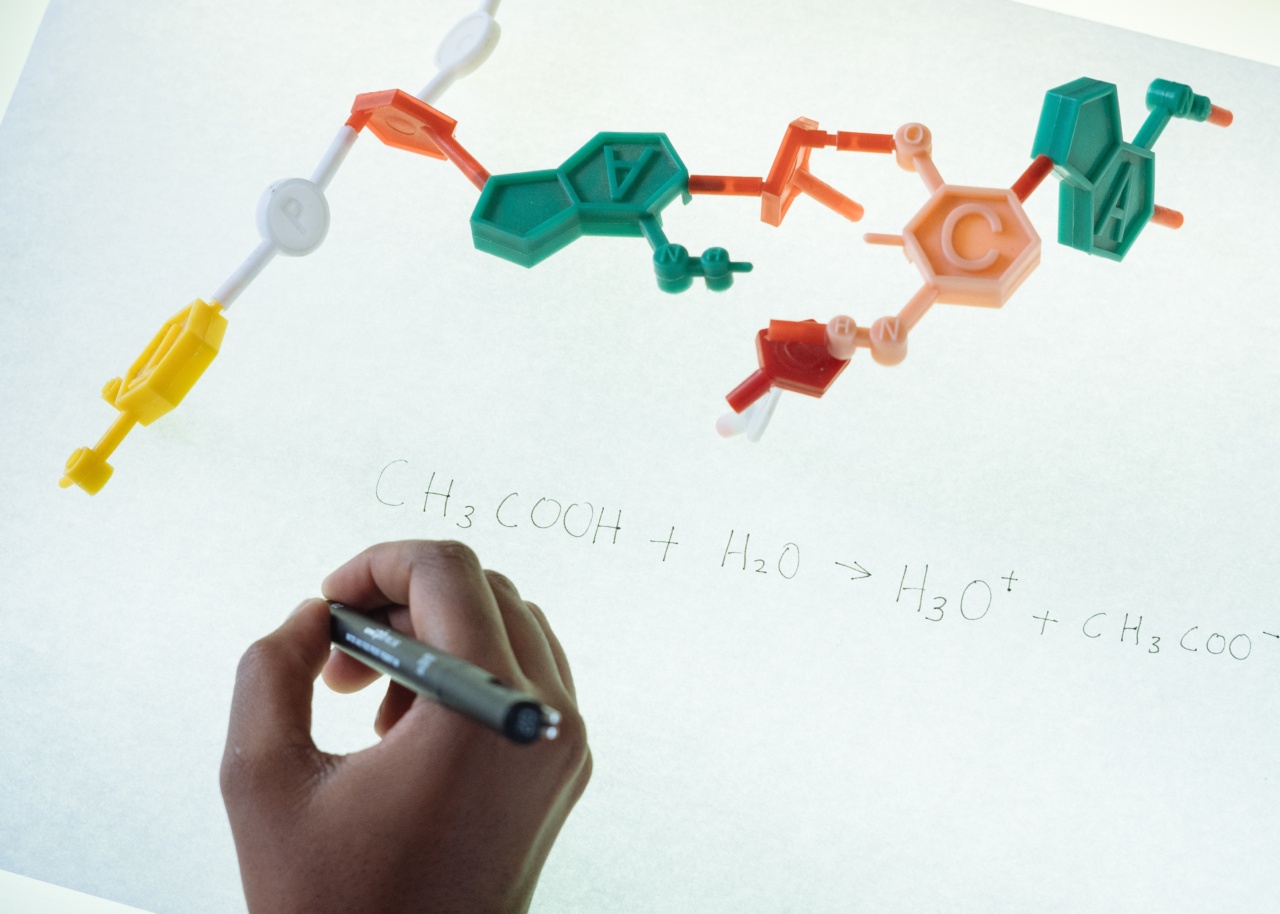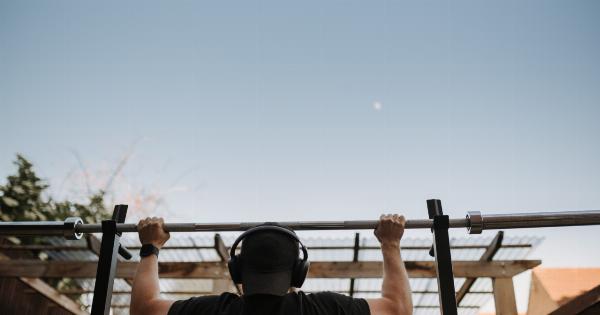As the popularity of fitness and bodybuilding continues to rise, so does the market for muscle mass supplements among men.
These supplements, often used to enhance athletic performance and promote muscle growth, are widely available and consumed by many individuals. However, recent research has raised concerns about a potential connection between the use of muscle mass supplements and an increased risk of testicular cancer in men.
This article aims to explore this connection by examining the relevant research studies, discussing the potential mechanisms linking the two, and providing recommendations for individuals concerned about their health.
The Research Studies
Several recent studies have suggested a potential association between the use of muscle mass supplements and the development of testicular cancer.
One particular study conducted by researchers from Harvard University found that men who reported using muscle-building supplements had a significantly higher risk of developing testicular cancer compared to those who did not use such supplements. The study, published in the British Journal of Cancer, analyzed data from more than 800 men and revealed a clear link between the use of supplements and testicular cancer.
Another study published in the journal JAMA Oncology investigated the association between muscle mass supplement use and testicular germ cell tumors (TGCTs), the most common type of testicular cancer.
The study observed over 900 patients with TGCTs and found that those who reported using muscle-building supplements had a significantly higher risk of developing these tumors. The researchers also noted that the risk increased with longer duration and higher frequency of supplement use.
While these studies provide valuable insight into the potential connection between muscle mass supplements and testicular cancer, it is important to note that they do not establish a direct causal relationship.
Further research is needed in order to fully understand the underlying mechanisms and confirm the association.
Potential Mechanisms Linking Muscle Mass Supplements and Testicular Cancer
Although the exact mechanisms linking muscle mass supplements and testicular cancer are not yet fully understood, several hypotheses have been proposed.
One possibility is that certain ingredients or compounds present in these supplements may interact with hormonal pathways, leading to an increased risk of tumor development. For example, some muscle mass supplements contain anabolic steroids or prohormones that can disrupt the body’s natural hormonal balance and potentially promote the growth of cancer cells.
Additionally, some muscle-building supplements may contain high levels of antioxidants, such as vitamins A and E, which are known to have potential pro-oxidant effects.
Oxidative stress, caused by an imbalance between antioxidants and free radicals, has been implicated in various types of cancers, including testicular cancer. Therefore, excessive intake of antioxidants through muscle mass supplements may disrupt the delicate balance of oxidative stress in the body, potentially contributing to the development of cancerous growths.
Moreover, muscle mass supplements are often used in conjunction with intense physical training and strenuous exercise regimens.
While exercise itself has numerous health benefits, excessive muscular exertion and tissue breakdown during intense workouts can lead to the release of certain compounds and metabolites that may enhance cancer development. Therefore, the combined effect of supplements and intense exercise may create a more favorable environment for testicular cancer growth.
Recommendations for Individuals
Considering the potential risks associated with muscle mass supplements, it is important for individuals to make informed decisions regarding their use. Here are some recommendations for those concerned about their health:.
1. Consult with a Healthcare Professional:
Prior to starting any muscle mass supplement regimen, it is advisable to consult with a healthcare professional, such as a doctor or a registered dietitian.
They can provide personalized guidance based on your health status and help assess the potential risks and benefits of using such supplements.
2. Choose Natural Alternatives:
If you still wish to enhance muscle growth, consider opting for natural alternatives rather than relying solely on supplements.
A balanced diet rich in lean protein sources, whole grains, fruits, and vegetables can provide the necessary nutrients for muscle development without the potential risks associated with supplements.
3. Be Mindful of Dosages:
If you do decide to use muscle mass supplements, be cautious of the recommended dosages and avoid exceeding the recommended intake. Taking excessively high doses of certain compounds may increase the potential risks to your health.
4. Prioritize Overall Health:
Remember that muscle mass supplements alone are not the key to achieving optimal health and fitness. Prioritize overall wellbeing by focusing on a balanced diet, regular exercise, sufficient rest, and stress management.
Taking care of your overall health is crucial for minimizing the potential risks of various health complications, including testicular cancer.
Conclusion
While the research suggests a potential connection between muscle mass supplements and testicular cancer in men, more studies are needed to establish a direct causal relationship.
It is important for individuals to be aware of the potential risks and make informed decisions regarding the use of such supplements. Consulting with healthcare professionals, opting for natural alternatives, being mindful of dosages, and prioritizing overall health can help minimize potential health risks.
Ultimately, individuals should strive for a well-rounded approach to fitness and prioritize their long-term health and well-being.






























